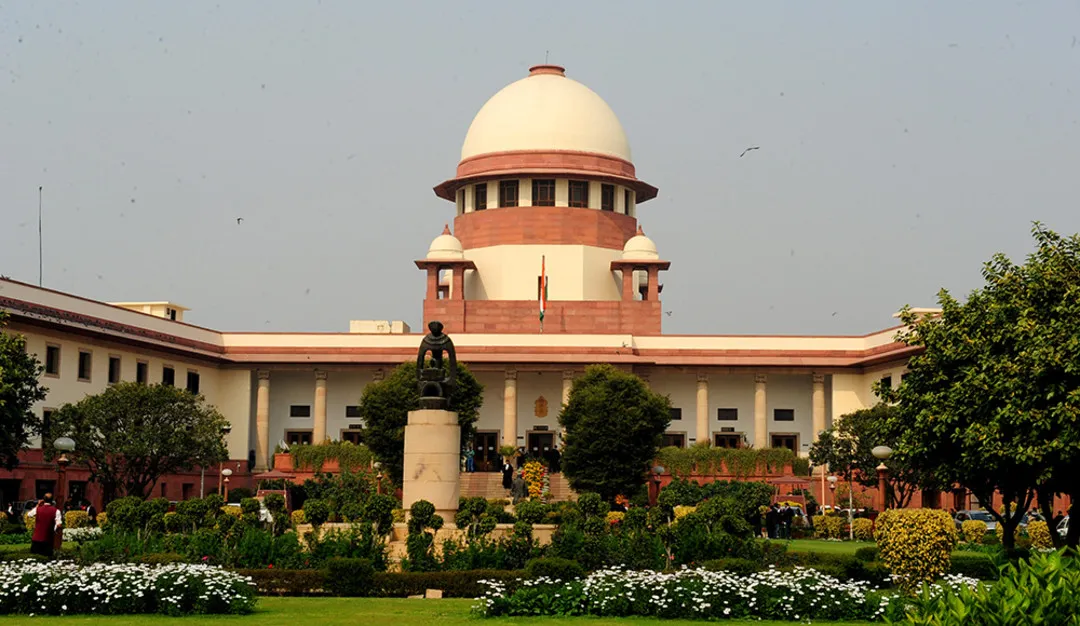In a general sense, when we observe the space industry paradigm, it becomes apparent that owing to the commercialization of space, there has been an upsurge in the global economy. Assessing industry valuations over the past decade indicates that the global space economic value reached 424 billion US dollars in 2020, marking a 70% financial growth in just 10 years since 2010. We witnessed significant financial growth when the space industry was nascent. At the present stage, it is estimated that in the coming years, the space industry could potentially experience an economic boost worth 1 trillion US dollars.
With progress and development in the space industry comes a ‘kettle of fish’ that is insoluble in its own terms, such as the upsurge of novel space-related disputes and revolutionary challenges, which this article deals with in detail. The article focuses on two major challenges: firstly, the existing area of space-related disputes and where new disputes are expected to arise in the future; secondly, the emerging challenges in Data Management and Security in the Space Industry.
Identifying current and potential future space-related disputes: Challenges and the Way Forward.
The major concern that arises is the arbitrability of space-related disputes and their collision cases. Owing to space commercialization and its rapid growth, the risk of collisions is drastically increasing, forming an orbital graveyard, especially in low earth orbit. It is predicted that a collision is likely to occur every five to ten years even with no new launches. This raises severe concerns about the dreadful consequences which would occur in the absence of legitimate spatial governance and limitations in space, which could result in Kessler syndrome. Along with this comes the most worrying part, which is “Who shall withhold liability and what would be the extent of such liability?” for such debris collisions, if we look into past cases.
In 2007, China intentionally destroyed its weather satellite Fengyun-1C, creating more than two thousand pieces of space debris. This debris has wreaked havoc and poses a serious threat to operational spacecraft in LEO. In 2013, a small Russian spacecraft was severely damaged by one of the pieces of debris from China’s Fengyun-1C satellite. In 1977, Cosmos 954 was launched by the Soviet Navy. In 1978, due to malfunctions, the satellite hit the ground over Canada and dropped debris in its soil. The satellite contained a nuclear reactor, which meant the crash scattered nuclear waste over thousands of square miles, rendering the area hostile for settlement. In February 2009, two satellites collided, making it the first-ever collision of two orbital satellites in their orbit. The satellites involved in the collision were US-based Iridium 33 and Russia’s Cosmos 2251, which produced around 2000 pieces of debris and thousands of other small chunks, posing a threat to other space objects operating around the vicinity of LEO. The collision of these two satellites alone released 70% of the space debris population in low earth orbit, creating the world’s largest dump yard.
International Law does not provide any specific guidance or statutory framework for collisions of satellites or leaving space debris in LEO. In all these cases, one thing was common, that is “nullum crimen nulla poena sine lege”, which says there is no punishment if there is no law.
The data provided to UNCOPUOS (United Nations Committee on the Peaceful Uses of Outer Space) further bolsters this perspective. According to registration data from the United States, numerous debris fragments resulting from launched objects are categorized as space objects for registration purposes. This suggests that a state significantly impacted by the legal intricacies surrounding space debris defines space objects broadly enough to encompass debris, particularly within the framework of the Liability Convention. Consequently, for the context of this article, space debris is recognized as a subset of space objects, subjecting it to the principles and regulations outlined in space law. This perspective is reinforced by the precedent set by the International Court of Justice (ICJ) in the case of Nicaragua v United States of America as well as in the North Sea Continental Shelf case, affirming the broad application of space law principles to encompass space debris within the definition of space objects.
Furthermore, after the Russia-Ukraine war, the world is approaching an anarchy in the space arena, making it more congested and contested, whence the risks and threats of militarization are being fostered under the masquerade of securitization. To counter and domesticate the evolving anarchy, the traditional space law, namely the Outer Space Treaty of 1967, fails to address regulations pertaining to behavioral conduct, such as space traffic management and coordination. While the treaty governs the status of space and its actors, this neglect hampers the progress of the global space economy by compromising transparency and confidence-building measures.
Emerging Challenges in Data Management and Security in the Space Industry: Implications for National Security and International Cooperation
With the phenomenal rise in the number of satellites and sensors being deployed into space, the prominent matter of concern is the safe and secure ways of storage of large quantities of data which are being transmitted by these machines. The pressing concern over the storage and management of space-industry data is not only from the orbiting satellites and sensors but also from the Earth, as an enormous amount of data is insisted on for the development of APS advanced propulsion systems. Traditional chemical propulsion systems are demarcated in their ability to achieve high velocities, which is vital for deep space exploration. Subsequently, the usage of advanced simulation tools and computational fluid dynamics CFD for the development of APS will mandate a large amount of secure data storage. The ensuing issue will be the privacy and security concern of this data, as this data entails various crucial aspects of one’s planning and programs. This leads us to another issue of national security and International Cooperation: The space industry closely coalesces with National security with many countries using satellites and space-based surveillance for intelligence-gathering, communication, border security and tracking. There is also a likelihood of violation of some communities and regions by keeping an unwarranted eye on them without their consent, thereby violating their right to privacy and to live life in integrity, which gets answers when sought contrary to the present scenario where they don’t get transparency and accountability for this unjustified surveillance. Moreover, when tension rises among nations, the dispute over access to space and space-based technologies for military and surveillance purposes becomes a matter of opinion in the absence of a black and white Framework which further exacerbates the need for a regulatory framework. Up until now, it would not be an exaggeration to say that data exerts great power.
Conclusion
The exploration and commercialization of space have yielded unprecedented economic growth, with the global space economy surging to a value of 424 billion US dollars in 2020, marking a remarkable 70% expansion within a decade. Projections indicate that the space industry has the potential to achieve a staggering economic boost of 1 trillion US dollars in the coming years. However, as progress and development pave the way, they also bring forth complex challenges and conundrums, particularly in the resolution of novel space-related disputes. The writer has meticulously delved into these challenges, focusing on two major areas: existing space-related disputes and the emerging challenges in data management and security within the space industry.
In conclusion, the convergence of space disputes and the complexities of the arbitration process presents a formidable legal landscape. Given the magnitude of economic growth and technological advancements within the space industry, proactive measures are essential to address existing and future disputes, safeguard data management and security, preserve national security interests, and foster international cooperation. The immense power inherent in controlling space-related data necessitates the establishment of a sound legal framework that strikes a delicate balance between commercial interests, legal accountability, and the peaceful exploration and exploitation of outer space.










